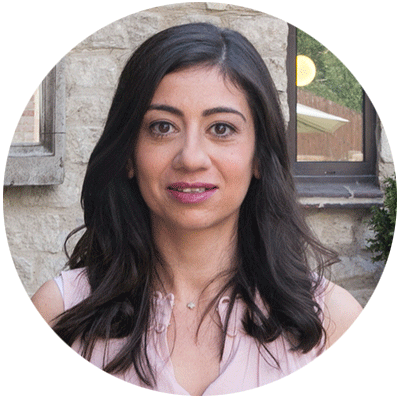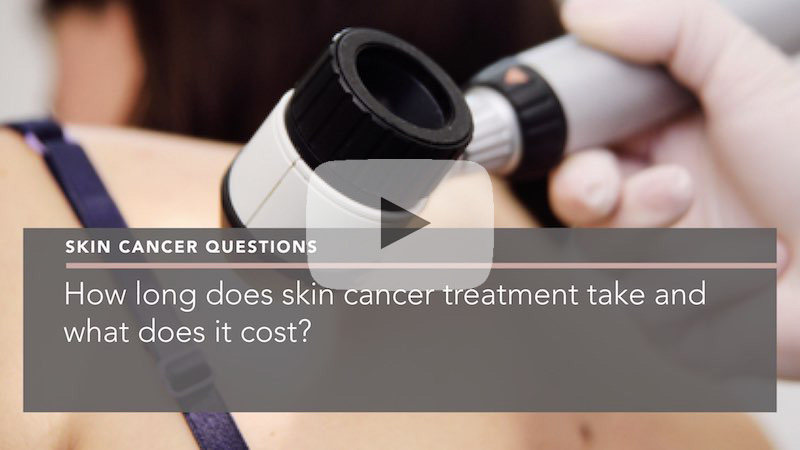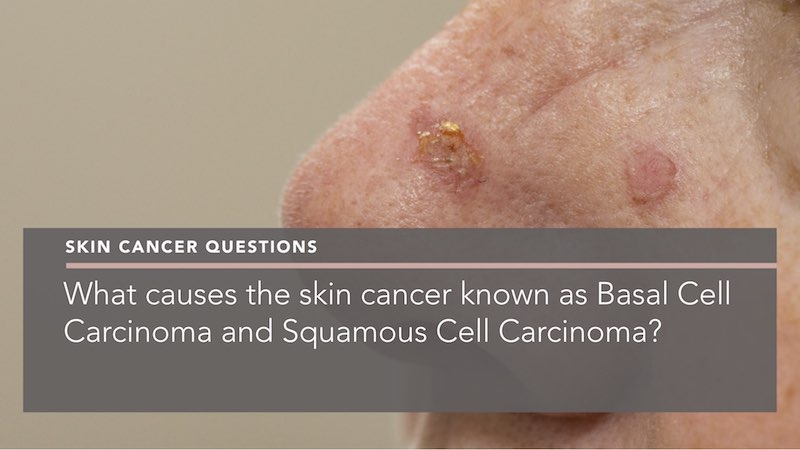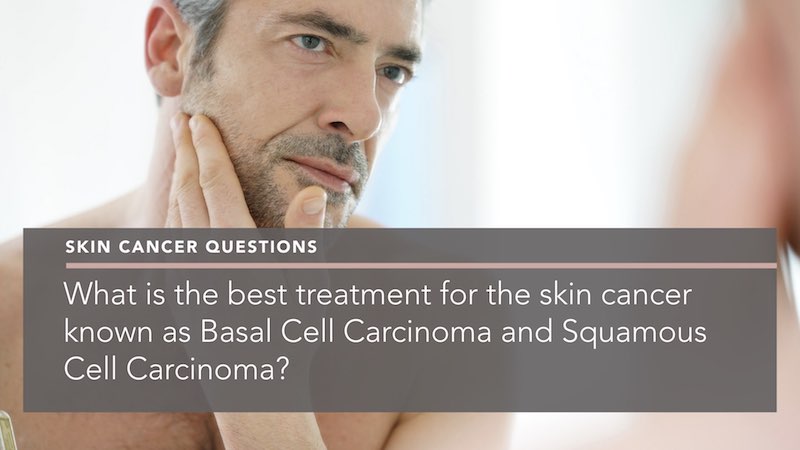Interview transcription:
We interviewed Dr Penelope Pratsou to learn about how long skin cancer treatment takes, and how much it costs.
How long does skin cancer treatment take and what are the costs involved?
Penelope Pratsou: Skin cancer treatment can be very quick. I tend to see and treat the majority of patients on the day that I see them for a consultation. That’s one of the significant benefits that I have in my clinic, that I can do that.
Firstly, I would want to check you all over, examine the lesion and make sure it’s appropriate for treatment on the day. It can take as little as 30 to 45 minutes. It’s all done under a local anaesthetic while you’re awake, and then you can leave and go home on the same day.
Penelope Pratsou: In terms of costs, this depends on the type of treatment you require. If we are talking about a simple removal of the suspected skin lesion, then we are probably talking about £900 or so, give or take depending on how complicated the procedure would be.
If you notice that you have any of the symptoms or conditions that we’ve just discussed, we invite you to book a consultation with Dr Penelope Pratsou. She’ll be able to assess your situation and give you a personalised treatment plan.

About the author
Dr Penelope Pratsou | Consultant Dermatologist
MBChB, MRCP (UK) (Dermatology)
I’m Dr Penelope Pratsou, a skilled independent Consultant Dermatologist based in Berkshire. I have specialist expertise in the diagnosis and management of all skin cancers, and in performing mole checks. I’m a trained skin surgeon and remove skin cancers, moles, skin tags, cysts and warts.
I also have invaluable experience in dealing with all skin conditions, from the common skin complaints of acne, rosacea, eczema and psoriasis, to the rarer and more complex skin problems, having seen it all through years of NHS work.
After I obtained my Membership to the Royal College of Physicians, I undertook rigorous specialist training in dermatology, before being appointed as a Consultant Dermatologist at the Royal Berkshire Hospital, Reading. There, I helped set up and lead a busy clinic for the diagnosis and treatment of suspected skin cancer. I was also actively involved in supervising and training both dermatology and GP trainees.
Alongside my increasingly busy private practice, I have maintained an NHS practice in Oxford in order to continue to engage with challenging cases and to develop my specialist interest in skin allergy.





